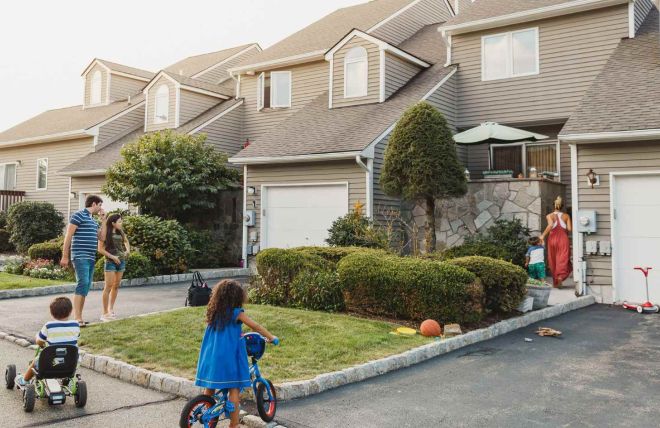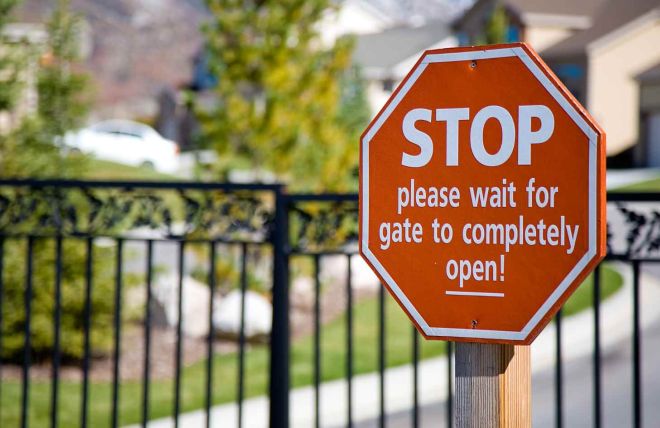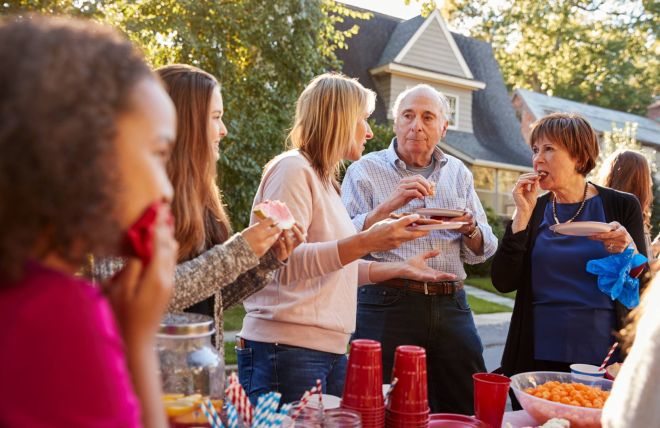When managing a community, ensuring the privacy and security of residents’ personal information is paramount. Whether sharing updates in newsletters, on social media, or within an internal platform, adhering to best practices helps protect sensitive data and maintain trust. Here’s a guide to navigating the responsible communication and posting of residents’ personal information.
1. Understand Privacy Regulations
Before sharing any personal details, familiarize yourself with privacy laws applicable to your community, such as the General Data Protection Regulation (GDPR) for European residents or the California Consumer Privacy Act (CCPA) in the U.S. Understanding these guidelines ensures that your communication aligns with legal requirements.
Learn more about digital communication strategies to enhance secure messaging.
2. Obtain Explicit Consent
Never assume that residents are comfortable with their information being shared publicly. Obtain explicit consent before posting:
- Photos of residents
- Contact details (e.g., phone numbers, email addresses)
- Addresses or unit numbers
- Any other personally identifiable information (PII)
Written consent, whether through a signed form or an online agreement, provides legal protection and ensures clarity.
3. Use Secure Communication Channels
When distributing private information, use secure and closed communication channels such as:
- Community Portals (e.g., password-protected forums or websites)
- Email with Encryption
- Private Messaging Platforms
Avoid sharing sensitive details on public-facing websites or social media pages where unauthorized access is possible. Learn about HOA communication tools to implement secure messaging.
4. Limit Publicly Shared Information
Be mindful of what is posted in public spaces. Best practices include:
- Using first names instead of full names
- Omitting personal contact information
- Avoiding location-specific details
For example, instead of announcing: "John Smith from Unit 12 is hosting a community meeting," say "John is organizing a community meeting in the clubhouse."
5. Train Staff and Volunteers
Ensure that community managers, staff, and volunteers understand the importance of data privacy. Provide regular training on:
- Recognizing sensitive information
- Securely handling resident data
- Responding to data privacy concerns
Having a clear privacy policy in place and making it accessible to all team members helps reinforce best practices.
Download a step-by-step checklist to plan your HOA website
A simple, step-by-step HOA Website Planning Template to help you build an efficient, engaging, and well-organized community website.
6. Implement Data Protection Measures
To prevent unauthorized access to personal information:
- Use password protection for digital documents
- Restrict administrative access to essential personnel
- Regularly audit shared data to ensure compliance
For physical notices, consider using sealed envelopes or secured bulletin boards rather than open postings. Learn about transitioning to digital storage to enhance security.
7. Provide an Opt-Out Option
Give residents the ability to opt out of having their information shared. Establish a process where they can request:
- Removal of their details from public lists
- Limited inclusion in communications
- Alternative methods of contact
This fosters trust and ensures that individuals have control over their information.
8. Be Cautious with Photos and Events
When posting event photos or videos:
- Avoid featuring individuals without prior consent
- Use group photos instead of close-ups for better anonymity
- Blur faces if necessary when sharing publicly
If an event will be photographed or recorded, notify attendees in advance and provide a way for them to opt out. Check out event management best practices for handling community events securely.
9. Respond to Privacy Concerns Promptly
If a resident expresses concern about their information being shared, address it quickly.
- Remove or edit posts when requested
- Provide transparency on how information is used
- Reassure residents of your commitment to privacy
Having a designated privacy officer or contact person can streamline handling concerns efficiently.
10. Establish a Clear Privacy Policy
A documented privacy policy helps set expectations and provides guidelines for staff and residents. Include:
- What information may be shared
- How data is protected
- Residents’ rights regarding their information
Regularly review and update this policy to reflect changing privacy laws and community needs. Learn more about separating accounting and HOA management software to ensure secure data handling.
Final Thoughts
Maintaining privacy and protecting personal information is a crucial responsibility in community management. By following these best practices, you not only safeguard residents’ data but also foster a culture of trust and transparency within your community. Prioritizing privacy demonstrates professionalism and ensures a safe, respectful environment for all residents.







